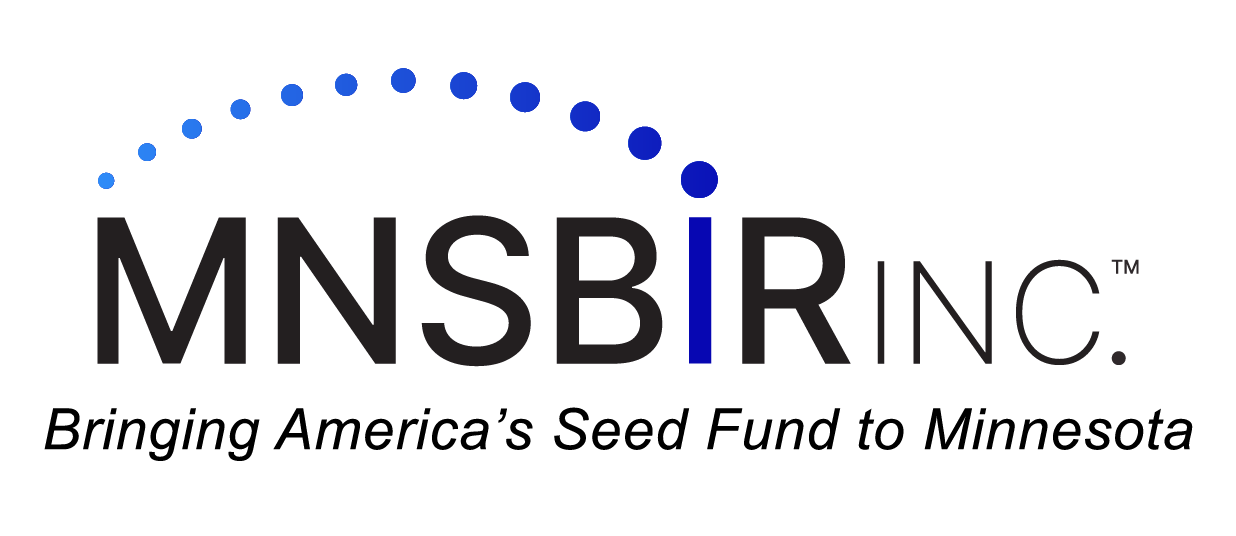The U.S. National Science Foundation announced a new $20 million investment in Entrepreneurial Fellowships through a multi-year cooperative agreement with Activate.org. The Activate Fellows supported by NSF will be scientists and engineers from a variety of backgrounds and regions across the U.S. who will translate research breakthroughs to new products and services with broad societal benefits.
The Entrepreneurial Fellowships will help make entrepreneurship more accessible for people in less-developed innovation ecosystems, expanding geographic diversity and increasing participation of women and others who have been traditionally underrepresented in science, technology, engineering and mathematics.
Over two years, Entrepreneurial Fellows will receive training and at least $350,000 in direct support, plus access to specialized research facilities and equipment through Activate. The fellows will advance their prototypes, refine their business models, build their teams, and secure follow-on funding. The initiative will be run by Activate.org, a nonprofit organization that launched the entrepreneurial fellowship model with the Cyclotron Road program at Lawrence Berkeley National Laboratory and has partnered with U.S.-based funders and research institutions to grow the approach.
“Entrepreneurial fellowships offer another pathway for researchers to transition promising ideas and technologies from the lab to society,” said Erwin Gianchandani, NSF assistant director for Technology, Innovation and Partnerships. “This new initiative strengthens NSF’s existing lab-to-market programs, and our commitment to translational research and developing a diverse and inclusive innovation ecosystem that involves every part of the country.”
“We are thrilled to partner with the National Science Foundation to empower more scientists and engineers to reinvent the world by bringing their research to market. With this support, we will scale our efforts to ensure that early-stage hard-tech entrepreneurs have the funding, technical support, mentorship, community, and education they need at the outset of their entrepreneurial journeys. We are thankful to TIP for leading the way to scale this impact,” said R. Todd Johnson, interim CEO, Activate.
The initiative includes three possible pathways for scientists and engineers to participate:
- Activate Anywhere — A connected, yet not co-located, community of fellows that allows for any qualified scientist anywhere in the country to benefit from Activate fellowship support and leverage the concentrated resources of traditional innovation centers where Activate has in-residence offerings.
- A New Activate In-residence Community — A new in-person location that expands physical communities beyond Activate’s existing locations ensuring that a regional hub exists for any fellow across the country who wants to be in-residence, and to strengthen the national base of resources that any fellow across the network can leverage.
- Pre-doctoral Translational Research Experience — A new mechanism aimed at expanding opportunities for diverse talent and overcoming racial imbalance in the science innovation ecosystem by supporting pre-doctoral scientists and engineers and exposing them to nascent science-based startups under the mentorship of Activate’s network.
To learn more about Entrepreneurial Fellowships including how to apply, visit https://www.activate.org/apply.
ABOUT THE TIP DIRECTORATE
The NSF’s Directorate for Technology, Innovation and Partnerships, TIP, harnesses the nation’s vast and diverse talent pool to accelerate critical and emerging technologies and address pressing societal and economic challenges. TIP comprises three primary focus areas – fostering innovation and technology ecosystems, establishing translation pathways, and partnering across sectors to improve U.S. competitiveness, grow the U.S. economy and engage and train a diverse workforce for future, high-wage jobs.
For more information about TIP, visit beta.nsf.gov/tip/latest.
National Science Foundation sent this bulletin at 09/19/2022 02:27 PM EDT. View the original bulletin and subscribe to NSF updates here.


